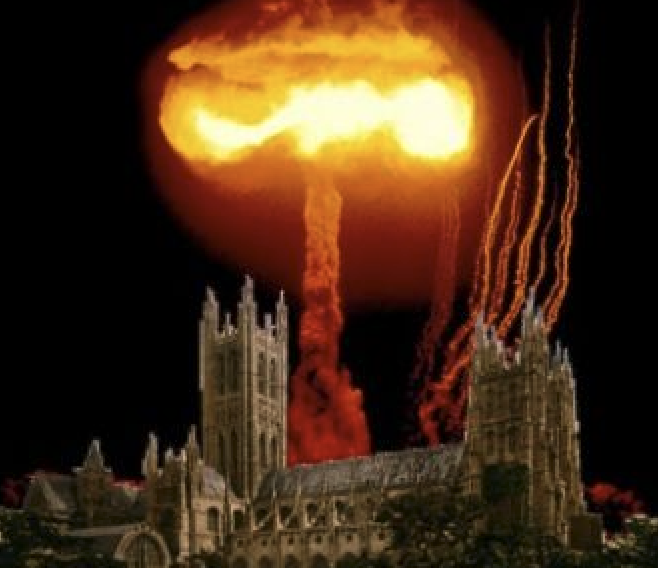The "Chain of Discipleship" image showed five Catholics celebrating at a church, including a woman in priest's vestments and a person in a rainbow-letters "pride" shirt who is shouting, "We are the young people of the future and the future is now."
This art from the Philadelphia Catholic Higher Education Synod rocked Catholic social media -- especially when it appeared on the Synod of Bishops Facebook page, linked to the ongoing Synod on Synodality that began in 2021.
Catholics at the local, regional and national levels are sending the Vatican input about the church's future. A North Carolina parish submitted testimony from "Matthew (not his real name)," who had been recognized as his Catholic high school's most popular teacher. While "hiding his homosexuality," he married "his partner elsewhere."
"They decide to foster, love and adopt young children internationally," said this report. "Matthew's greatest sadness is that he has to hide his sexuality in order to keep his job in a church institution and that he does not feel welcome in the Catholic Church precisely because of his sexuality which he considers God-given, and this despite his attempt to love the poor and destitute through his pro-life decision to adopt."
Case studies of this kind recently led Belgian bishops to approve a document -- "On Pastoral Closeness to Homosexual People" (.pdf here) -- containing a rite for priests blessing same-sex couples. The bishops appointed a gay layman as inter-diocesan coordinator for LGBTQ care in a land in which 3.6% of baptized Catholics attend Mass on an average Sunday.
Meanwhile, it's important that a Vatican working document includes the term LGBTQ and even LGBTQIA in discussions of topics once considered forbidden, said Francis DeBernardo of New Ways Ministry, a Catholic gay-rights network pushed aside during the Pope St. John Paul II era.










